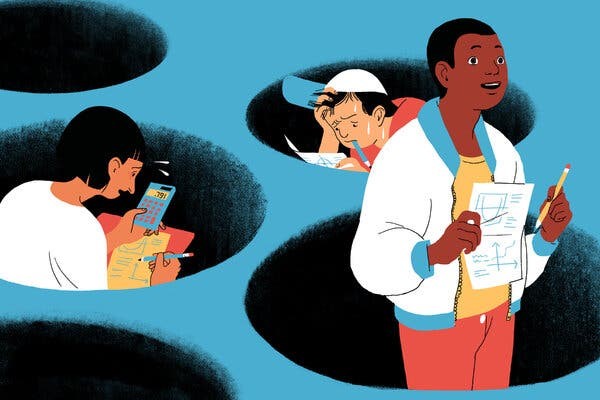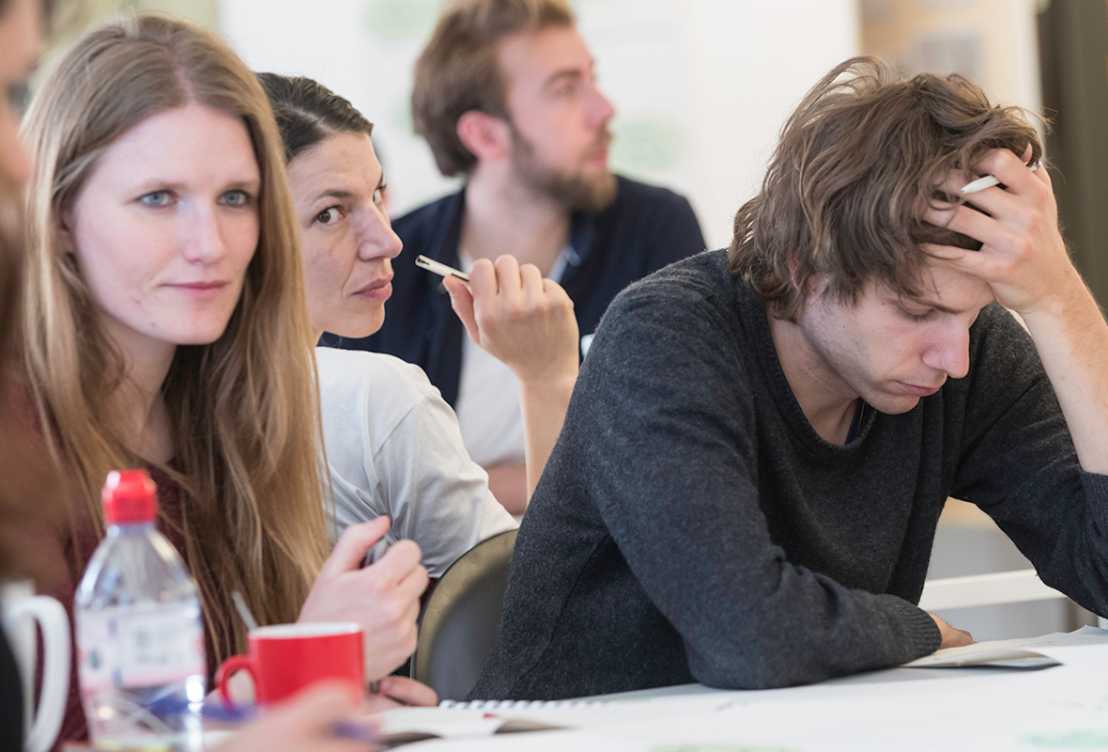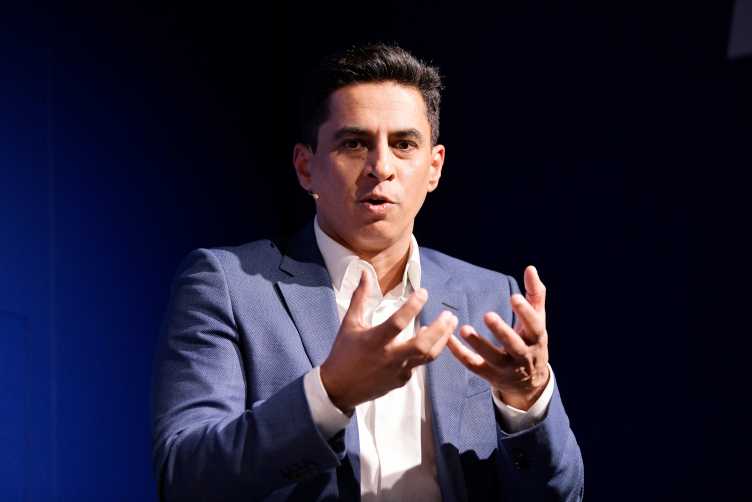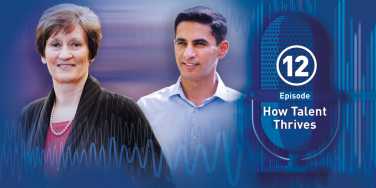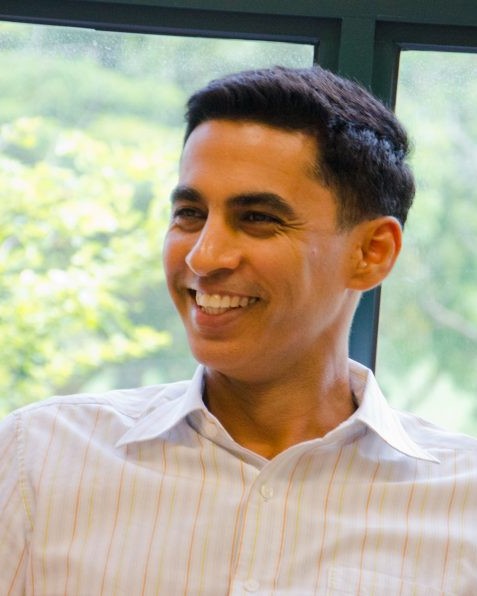News
"Productive Failure" Book Release

October 1, 2024
We are excited to announce the worldwide release of Prof. Kapur's new book: external page Productive Failure
Prof. Kapur is a Speaker at the SXSW EDU 2025
March 3, 2025
Prof. Kapur is talking about Productive Failure at the external page SXSW EDU 2025, Austin TX, alongside an amazing set of speakers external page Emily Calandrelli, external page Nadim Matta and external page Kara Bobroff. Join us!
Join the Math for America (MfA) Thursday Think in New York!
February 25, 2025
Prof. Kapur is looking forward to engaging with external page Math for America on Productive Failure. If you are in New York, join for external page MfA’s Thursday Think series, which is happening on Tue Feb 25, 2025.
Join for a free Presents event: «Harnessing Failure» in New York!
February 21, 2025
Prof. Kapur and Simons Foundation president external page David Spergel will dissect how we navigate failure on a personal and societal basis and how we can better prepare people for the inevitability of failure — and perhaps even find joy in it.
Learn more about the free external page Harnessing Failure Presents event.
Special Session Discussion of Prof. Kapur's book at SALTISE

February 19, 2025
Professor Kapur joined a external page Special Session Discussion at SALTISE and talked about his external page 'Productive Failure' book and the audacious start of his career.
Manu Kapur is the Inagural Speaker of the 2025 Dean’s Speaker Series
February 18 and 19, 2025
Prof. Kapur is honored to be the Inaugural Speaker of the 2025 Dean’s Speaker Series at the external page McGill Faculty of Education, external page McGill University!
Find out more about the event on external page Productive Failure and Rethinking How We Learn.
Podcast interview on «The Leadership Habit»
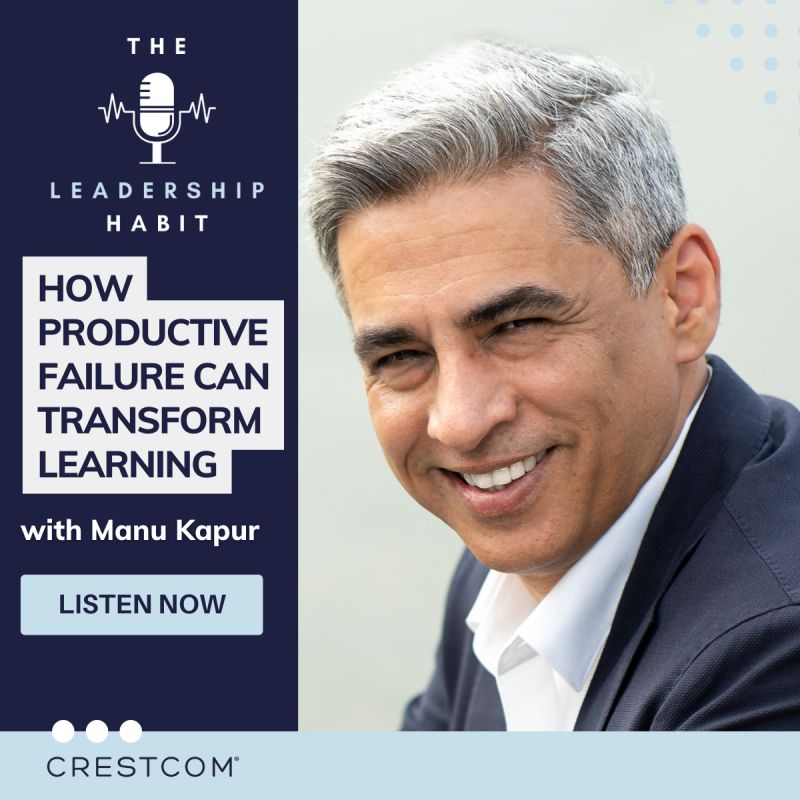
November 15, 2024
Failure isn’t the end—it’s a beginning. That’s the core message from the latest episode of external page «The Leadership Habit» podcast with Jenn DeWall. In this Episode, Prof. Kapur shares how intentionally designing for failure can enhance leadership growth and unlock deeper learning.
Article in «Harvard Business Review»

November 6, 2024
Productive Failure in the workplace: Are you a manager or a team leader who wants to drive employee learning and growth? See Prof. Kapur’s latest article in the «Harvard Business Review» on how Productive Failure might help you with that!
Read the full article on external page To help your team learn, set them up for Productive Failure.
Discussion at the Berlin Science Week

November 2, 2024
ETH Zurich hosts two events at this years’ external page Berlin Science Week. Prof. Kapur will be talking all things Productive Failure, Embodied Learning, and the Future of Learning along with Dr. Chris Luebkeman, ETH Zurich, and external page Livia Leu, Ambassador of Switzerland in Germany.
Podcast interview on «Blanchard Leader Chat»

November 1st, 2024
Hear Prof. Kapur explain on the external page «Blanchard Leader Chat« podcast how carefully curated failure can become a signal for deeper learning. People can gain lifelong readiness to push themselves outside their comfort zones, using setbacks as launchpads for learning and innovation as described in his book external page Productive Failure: Unlocking Deeper Learning Through the Science of Failing.
'Productive Failure' Book Interview on New Delhi Television (NDTV)

October 28, 2024
Prof. Kapur had an interesting discussion with external page Anwiti Singh on New Dehli Television (NDTV) about his external page 'Productive Failure' book. Watch the full interview on external page How to Turn Failures into Success.
Article on «Education Week»

September 6, 2024
external page What Teachers Get Wrong About 'Productive Failure'—And How to Get it Right.
Prof. Manu Kapur was a Keynote Speaker at EDULEARN24 Conference in Palma

July 1-3 , 2024
Keynote: external page When and How Flipped Learning is Effective
The Future Learning Inititiative (FLI) Advisory Board Meeting

October 27, 2023
The Future Learning Initiative Advisory Board Meeting was a big success!
FLI project members showcased brief reports of the various FLI projects, each presented in a 10min talk and followed by a 5-min Q&A. The keynote speaker external page Prof. Martha W. Alibali, Prof. of Psychology, University of Wisconsin–Madison, talked about how learners discern mathematical structure and the roles of perceptual learning, action, and collaboration.
Download Detailed programme (PDF, 93 KB)
A huge thank you all the speakers and members and to make ideas to come alive!
ETH - EPFL Joint Doctoral Program in the Learning Sciences (JDPLS) Summer School
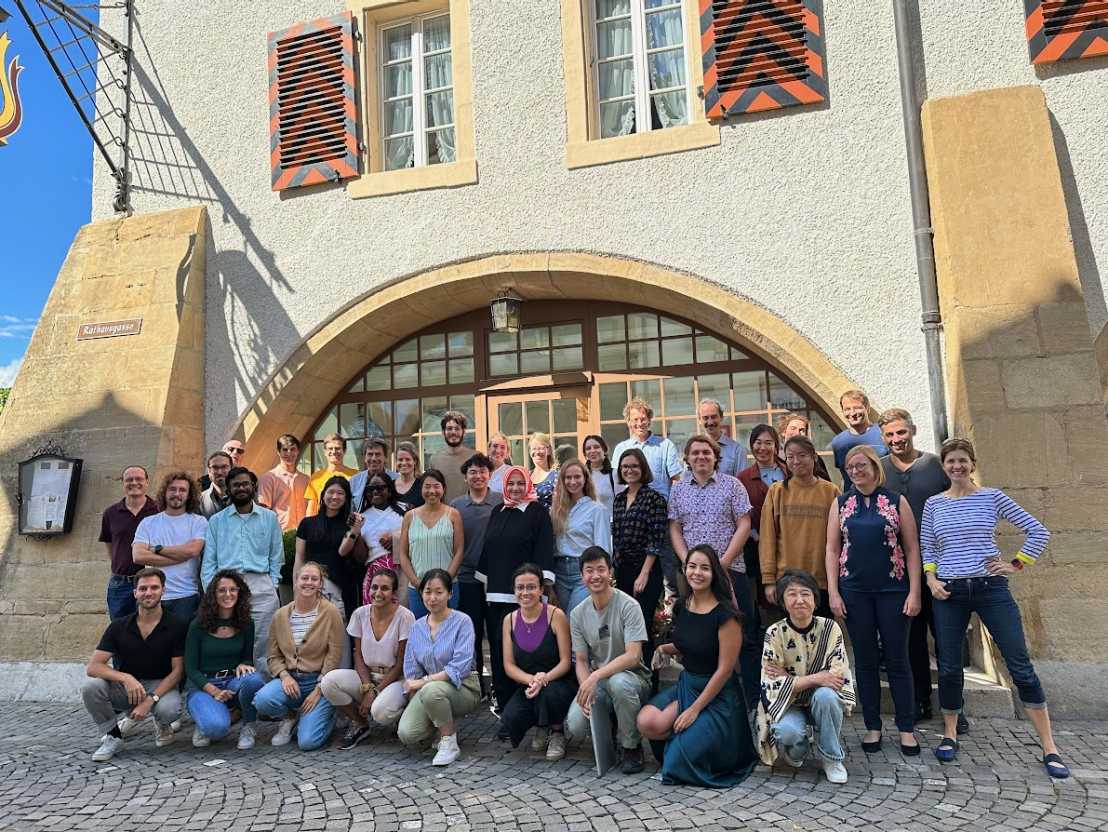
September 20- 22, 2023
Seven new ETH Zurich and six new EPFL doctoral students joined the second cohort of the ETH - EPFL JDPLS, attending the JDPLS Summer School at hotel Murtenhof and Krone in Murten.
Doctoral students from the first cohort presented their work and were given feedback by Thesis Directors. external page Prof. Bertrand Schneider, Associate Professor of Education at Harvard University and Visiting Professor at the Computer-Human Interaction Lab for Learning & Instruction, EPFL as well as Prof. Dennis Komm, Department of Computer Science, ETH Zurich were key note speakers.
We wish the new doctoral students a great start into their first semester and the existing ones a successful continuation of their research projects!
Talk at TEDxHSG
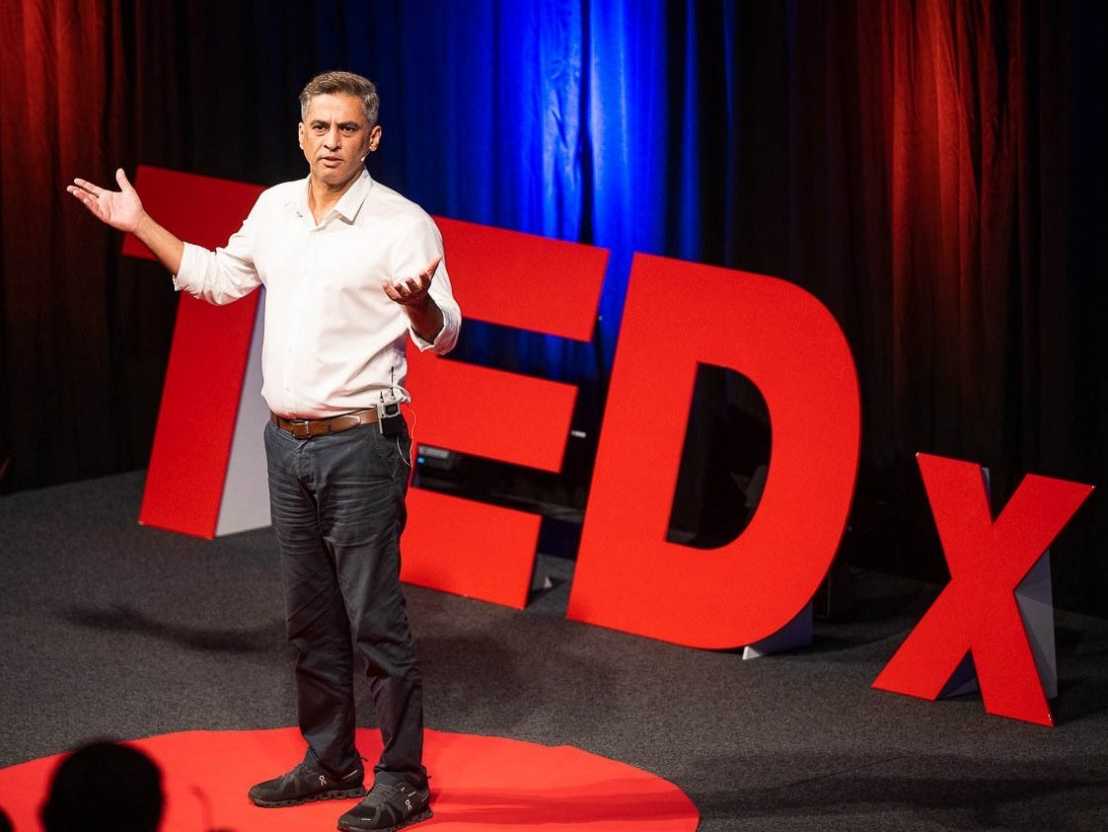
September 16, 2023
Prof. Kapur talked about failure as a means of learning at external page TEDxHSG, University of St. Gallen.
Productive Failure featured on «THE Times Higher Education»
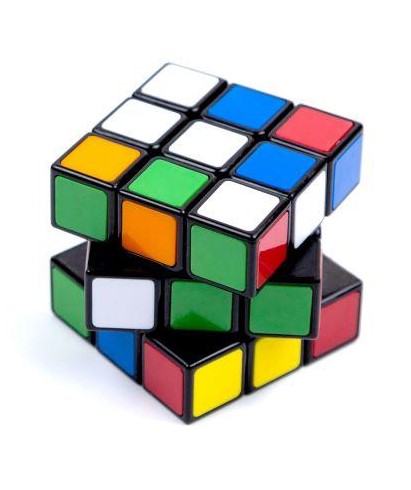
May 4, 2023
Advice to help faculty and staff reframe and harness failure as a useful aid to learning and development.
external page How to fail well
Article in «Edsurge» (online)
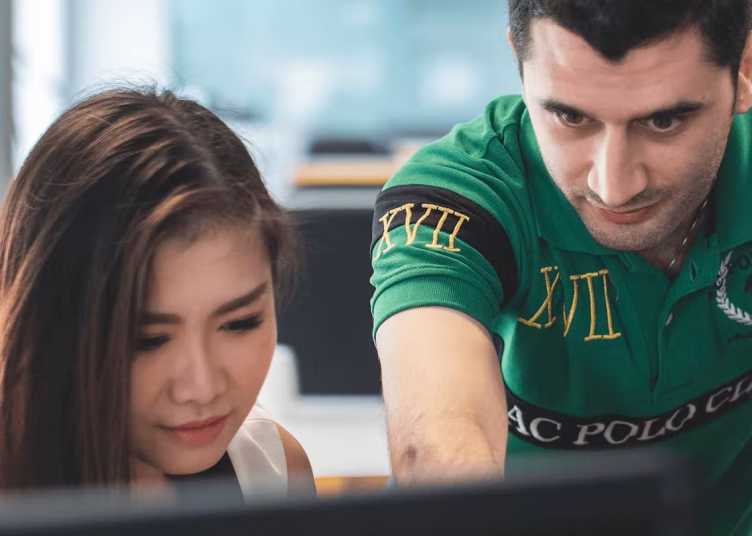
February 16, 2023
Since the pandemic, more instructors at schools and colleges appear to have embraced “flipped learning,” the approach of asking students to watch lecture videos before class so that class time can be used for active learning. Proponents say the model improves student outcomes by encouraging more interaction among students and professors, and many studies have been conducted to measure the efficacy of the approach. So a group of professors recently performed a meta-analysis to try to assess how well flipped learning is working.
external page Does ‘Flipped Learning’ Work? A new Analysis Dives into the Research
17. Hochschulevent, Kongresshaus Zürich
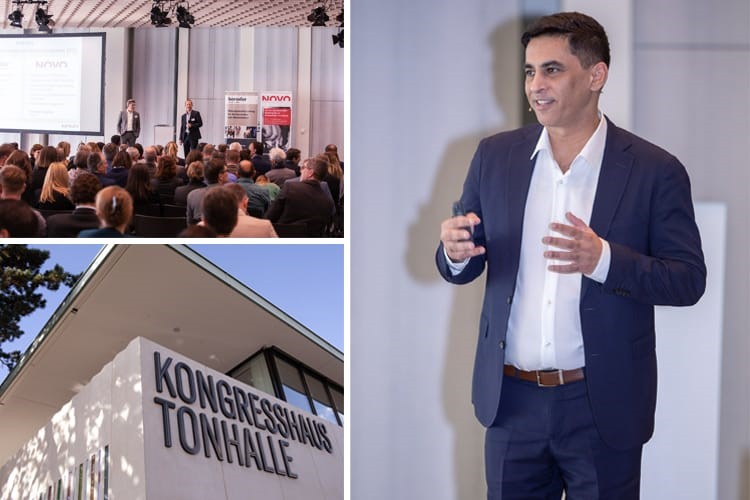
November 16, 2022
Prof. Dr. Manu Kapur was a keynote speaker at the '17. Hochschulvent 2022' and spoke about the «Future of Higher Education».
Find out more about the external page programme of the '17. Hochschulevent 2022'.
«THE Times Higher Education» (online)

October 25, 2022
Professor Kapur and co-authors John Hattie, Irina Grossman and Tanmay Sinha recognise that flipped learning is “here to stay” but call for administrators and professors to pay more attention to course design, rather than mode of teaching.
external page Flipped learning benefits ‘easy to replicate in normal classroom
Article in «EduTopia» (online)
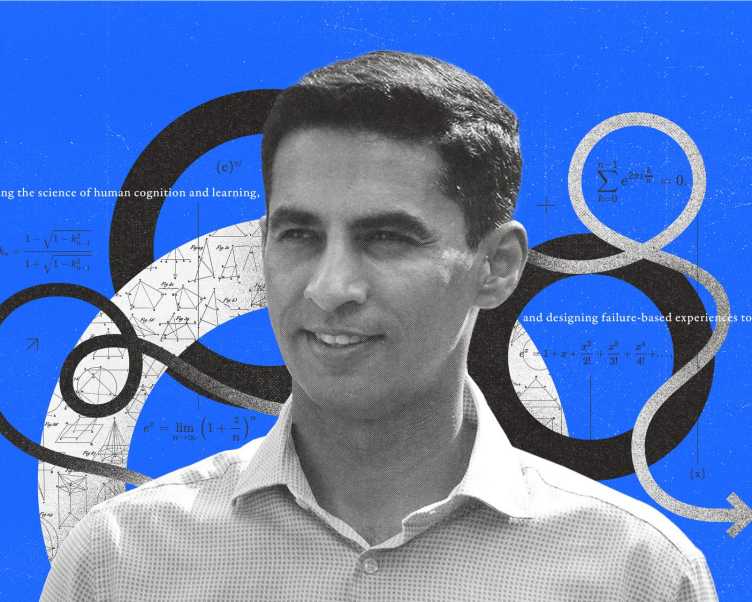
September 16, 2022
Interview with Prof. Kapur on reframing our notion of failure, and letting kids stumble with purpose.
external page If you’re not failing, you’re not learning
Serie in «Tagesanzeiger»
15. September 2022
Prof. Manu Kapur erklärt warum scheitern als Chance gesehen werden kann.
(ganzer Artikel nur mit Abonnement lesbar)
external page Warum Mathe kein Angstfach sein muss
The Latest LSE Lab Contributions
Contributions to the 17th European Conference on Technology Enhanced Learning
The annual flagship external page conference of the EATEL society will be held in Toulouse, France in September 2022. The LSE Lab has the following accepted contribution:
- Does deliberately failing improve learning in introductory computer science? (Sverrir Thorgeirsson, Tanmay Sinha, Felix Friedrich, Zhendong Su)
Contributions to the 23rd International Conference on Artificial Intelligence in Education
The annual flagship external page conference of the AIED society will be held in Durham, UK in July 2022. The LSE Lab has the following accepted contributions:
- Democratizing emotion research in learning sciences (Tanmay Sinha, Sunidhi Dhandhania)
- Embodied agents to scaffold data science education (Tanmay Sinha, Shivam Malhotra)
Contributions to the 16th International Conference of the Learning Sciences
The 16th International Conference of the Learning Sciences external page (ICLS) will be held as part of the ISLS Annual Meeting 2022 in Hiroshima, Japan. The LSE Lab has the following accepted contributions:
1. Symposium
- The Nature(s) of Embodied Mathematical Failure (Amber Simpson, Caro Williams-Pierce, Ekta Shokeen, Nihal Katirci, Hortensia Soto, Justin Baker, David DeLiema, Manu Kapur, Amy Ellis, Elise Lockwood, David Plaxco, Martha Alibali and Dennis Ramirez
2. Poster presentation
- Effects of Narratives on Undergraduate Student Understanding of fundamental Concepts in Biology (Samuel Tobler, Tanmay Sinha, Katja Köhler, Ernst Hafen, and Manu Kapur)
- The Physiological and Neural Basis of Learning through Productive Failure (Cléa Formaz)
3. Short paper
- Math on Cortex – Underlying Delta Synchrony during Naturalistic Math Demonstrations in Math Experts and Novices (Hanna Poikonen, Samuel Tobler, Dragan Trninic, Cléa Formaz, Venera Gashaj, Manu Kapur)
4. Doctoral Consortium
- Learning of Quantum Chemical Concepts through Grounding in Sensory Experience (Charlotte Müller)
«NPR» Episode (online)

October 30, 2021
Prof. Manu Kapur talks about the role of Productive Failure in external page NPR's episode on how to learn new things!
«World Economic Forum» (online)
September 23, 2021
external page Students who 'productively fail' may learn more, finds study
«Tech & Learning» (online)
September 16, 2021
external page Study: Productive Failure a Success in Education
Charlotte Müller wins runner-up poster award of SCS Fall Meeting 2021
September 10, 2021
Charlotte Müller has received the runner-up poster award in the session computational chemistry of the Swiss Chemical Society Fall Meeting 2021 for her poster "Real-Time Haptic Quantum Chemistry: Dive Hands-First into the Molecular World". In her work, she explores how experiencing chemical forces can facilitate learning of abstract concepts such as the potential energy surface.
The poster can be found external page here.
Article «Those who fail productively are all the wiser»
September 2, 2021
“Practicing before learning theory is almost twice as efficient as being taught by an excellent teacher for a year” says Prof. Manu Kapur. He conducted a comprehensive meta-analysis along with Dr. Tanmay Sinha, in which they included 53 previously published studies.
The article “Produktives Scheitern wirkt sich positiv auf Lernerfolg aus” (German only) was published online on
ETH Zürich
external page Blick
external page swissinfo.ch
external page südostschweiz
external page bluewin.ch
National University of Singapore Society (NUSS)
Professorship Lecture with Prof. Manu Kapur
April 21, 2021
Lecture Title: The Future of Learning
How do people learn? What does the science of learning say about how people learn, and the design of learning environments? Prof. Kapur will start by discussing some of the big ideas in the learning sciences.
Prof. Manu Kapur will be a keynote speaker at SALTISE Conference
June 4, 2021
Title: The Future Learning Initiative
One thing is clear. Future advances in learning cannot be achieved by learning scientists alone. True to the original intent of the learning sciences, advances in our understandings of learning as a complex phenomenon will require interdisciplinary efforts. Prof. Kapur will discuss how, at ETH Zurich, we have embarked on such efforts to advance the science of learning in and across the physiological, neural, cognitive, embodied, and social-cultural layers of learning.
Find out more about external page SALTISE Conference and the external page keynote speakers.
Learning and Technology: Scientific Talks
September 24, 2020
One of the thrusts of The Future Learning Initiative is to explore the use of digital technology for designing powerful learning environments. We are pleased to announce scientific talks by three international scholars on the topic of learning and technology on Thursday, September 24, 2020.
More information on the detailed program can be found Download here (PDF, 29 KB).
NZZ Verlagsbeilage, 31. October 2019
Leitartikel von Prof. Manu Kapur:
"Lernen und Technologie: Neue Sicht- und Handlungsweisen"
----------------------------------------------------------------------------------
NZZ Insert, October 31, 2019
Article of Prof. Manu Kapur:
"Technology for learning: "New ways of seeing and doing things"
Download "Lernen und Technologie: Neue Sicht- und Handlungsweisen" (PDF, 848 KB) (German only)
Watch the full talk of Prof. Manu Kapur at TEDx, Lugano
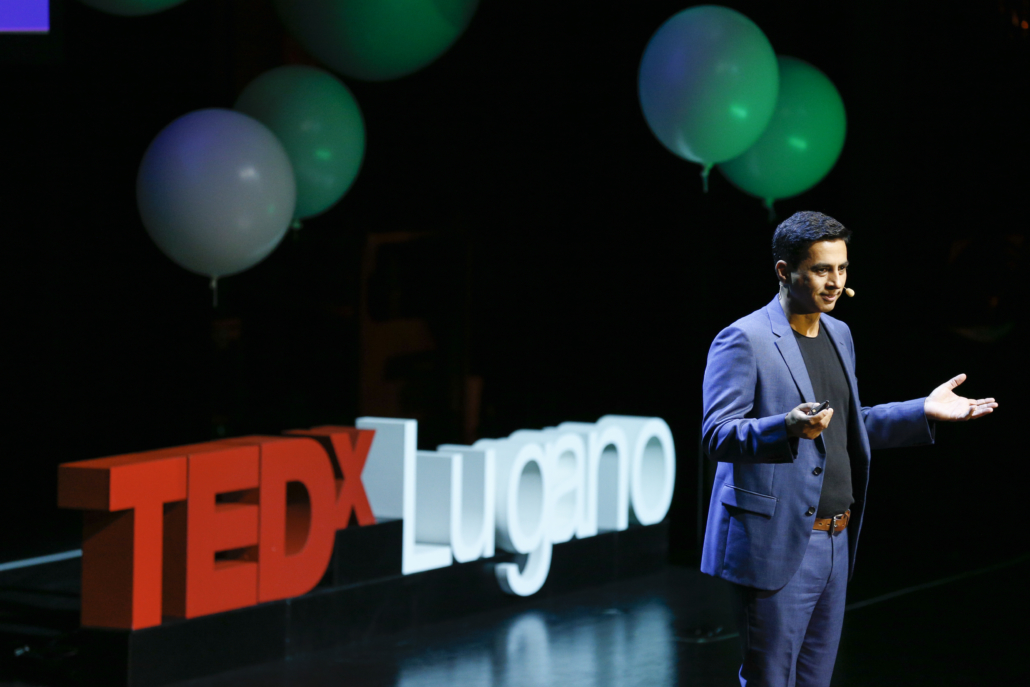
September 28, 2019
What is a failure? Why have we always looked down on failures and feared them? Is it actually true that failures beget failures? Can we turn failures into a designed learning mechanism to change perspective, and ultimately become more productive in our own lives?
Watch the full talk of Prof. Manu Kapur external page here.
Prof. Manu Kapur will be speaking at TEDx Lugano
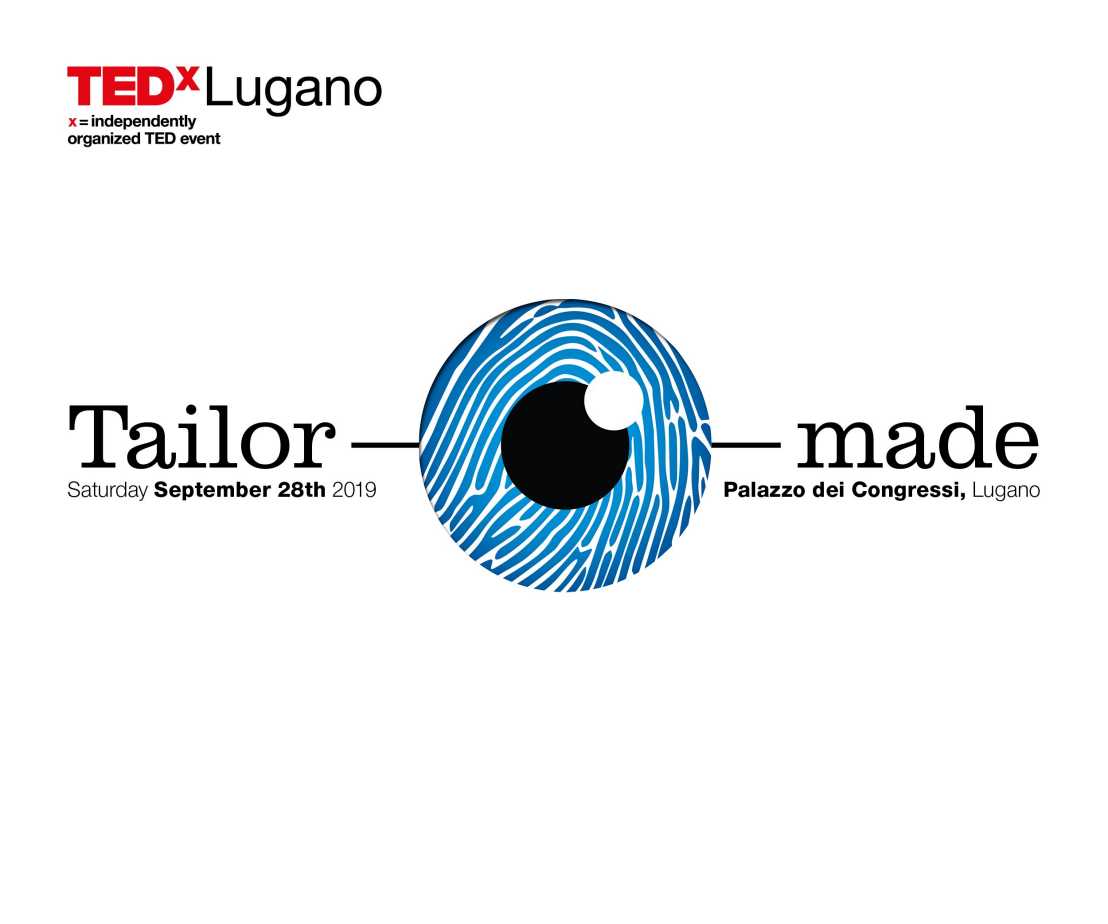
September 28, 2019
Prof. Kapur will present the latest findings in cognitive research and what it means for people that want to think deeper, change perspectives and ultimately become more productive in how they learn (or teach).
Find out more about the TEDx’s 2019 speakers and about Manu Kapur’s talk external page here.
«THE Times Higher Education» (online)
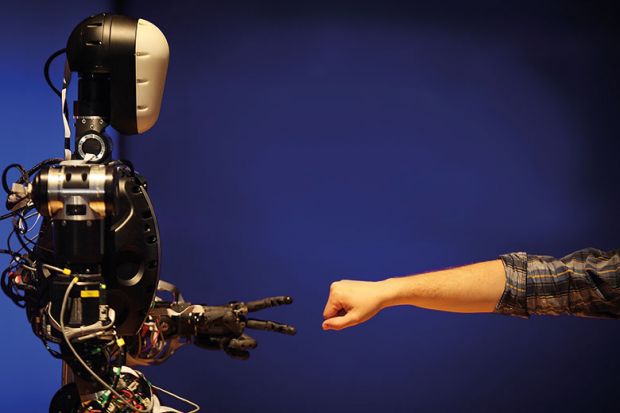
July 15, 2019
Prof. Manu Kapur discusses how universities can craft human-centred learning that sets them apart in today’s world.
external page THE World Reputation Rankings 2019: nail it in the digital age
«Scientific American» (online)

April 1, 2019
Article about Prof Manu Kapur's and Prof Emmanuel Manalo's special issue of the journal Thinking Skill and Creativity (Dec. 2018) on benefiting from failure.
"external page How to turn failure into success"
Schulblatt des Kantons Zürich, 2/2019
Portrait über Prof. Manu Kapur in der Rubrik "Persönlich"
------------------------------------------------------------------------------------
School Journal of the Canton of Zurich, 2/2019
Portrait of Prof Manu Kapur in section "Persönlich"
Download "Wenn scheitern Schüler weiterbringt". (PDF, 119 KB) (German only)
Column GLOBE ETH Zurich, number 4 / 2018
Why we fail to grow
In the wisdom of generations, what you want to learn – your ambition – must exceed your current abilities, your talent.
Download Column of Prof. Manu Kapur (PDF, 80 KB)
Download Column of Prof. Manu Kapur (in German) (PDF, 82 KB)
NATURE, Volume 562, 4 October 2018
Simulated labs are booming
Labster’s enzyme-kinetics simulation allows students to feel as if they are in a real laboratory.
Blowing up your lab is usually discouraged, but it’s part of the experience when you’re learning online.
Download Article with PhD student and founder of labster.com Michael Bodekaer (PDF, 564 KB)
Psychoscope 5/2108
Artikel von Prof. Manu Kapur:
------------------------------------------------------------------------------------
Psychoscope 5/2108
Article of Prof Manu Kapur:
Download «Productive Failure: When failure is the first step to success» (PDF, 2.3 MB)
(German only)
Column GLOBE ETH Zurich, number 3 / 2018
Why we fail to see
The implication for teaching is clear. Here the primary task is not conveying knowledge but preparing the novice to see what you
want them to see. Showing what you want them to see in an engaging and clear way is important – there can be no argument about that. But preparing the novice to see before you show them is even more important. How does one do that?
Download Column of Prof. Manu Kapur (PDF, 162 KB)
Download Column of Prof. Manu Kapur (in German) (PDF, 158 KB)
July 2018
Tanmay Sinha was selected to attend the summer school on external page Education: The Future of School in Prague, Czech Republic (among 13 students all over the world).
June 2018
Tanmay Sinha was invited to attend the Lorentz Center Workshop on external page Data-based Decision-making in Education in Leiden, Netherlands (among 28 researchers all over the world). He also presented a poster on external page Computational Modeling of Multimodal Learner Behavior at the workshop.
Tages Anzeiger, 23. Juni 2018:
«Treffen mit Manu Kapur, Lernforscher an der ETH Zürich: Der Professor, der das Scheitern lehrt»
---------------------------------------------------------------------------------
Newspaper «Tages Anzeiger», June 23, 2018 :
«Meeting with Manu Kapur, learning scientist at ETH Zurich: The professor who teaches failure»
Download Interview (PDF, 354 KB) (German only)
Column GLOBE ETH Zurich, number 2 / 2018
Why we fail to transfer
Students learn substantial amounts of formal knowledge in their subject area but they find it difficult or are often unable to apply this knowledge in real-life situations. Why does this happen?
Download Column of Prof. Manu Kapur (PDF, 130 KB)
Download Column of Prof. Manu Kapur (in German) (PDF, 108 KB)
Column GLOBE ETH Zurich, number 1 / 2018
On the other side of failure
Good things happen on the other side of failure. It is failure that creates what I call the 4A conditions for deep learning: Activation, Awareness, Affect, and Assembly. When designed well, failure activates the prior knowledge necessary for acquiring new knowledge. Failure makes us aware of the limits of our knowledge. With the right mindset, failure can build a positive affect orientation.
Download Column of Prof. Manu Kapur (PDF, 1014 KB)
Download Column of Prof. Manu Kapur (in German) (PDF, 123 KB)
NZZ Artikel, 24. November 2017
Interview mit Prof. Kapur:
«ETH-Lernforscher: Unsere Kinder müssen das Scheitern erlernen»
---------------------------------------------------------------------------------
Newspaper «NZZ», November 24, 2017
Interview with Prof Manu Kapur:
«Learning scientist: Our kids have to learn to fail»
Download Interview (PDF, 55 KB) (German only)
Inaugural Lecture of Prof. Dr. Manu Kapur,
October 2, 2017, at 5.15 pm
ETH Zurich, Main Building, Rämistrasse 101, Auditorium Maximum, F 30
Download The Science of Human Learning: Research and Future Directions (PDF, 24 KB)
BOLD - Blog on Learning and Development, May 29, 2017
Interview with Prof. Manu Kapur (second part)
Manu Kapur developed the concept of “Productive Failure”. In the second part of our interview he talks about tacit and explicit knowledge, and points out that technology will eventually be the primary means of conveying the latter, but not the former. He explains why standardised tests don’t prepare learners for real life and presents a positive example of an education policy intervention.
Guest Lecture of Daniel Churchill, Associate Professor at the Faculty of Education, University of Hong Kong
February 21, 2017, 4.15pm
Download Talk (PDF, 239 KB) about Digital Resources, Curriculum, and Learning Design for STEM at ETH Zurich, Haldeneggsteig 4, Room IFW C 31
2017 Outstanding Article Award from Educational Psychologist
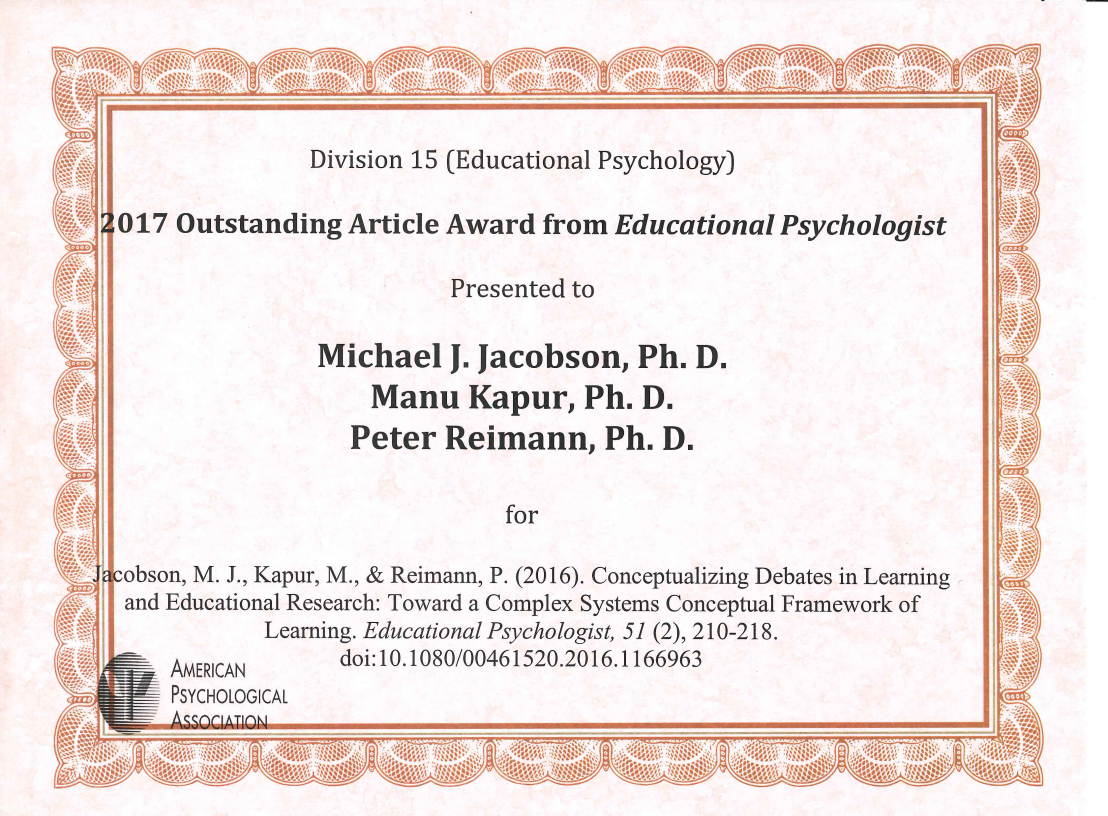
The Chair of Division 15’s Publications Committee is delighted to inform that the article “Conceptualizing Debates in Learning and Educational Research: Toward a Complex Systems Conceptual Framework of Learning,” has been selected as the recipient of the best article award for Educational Psychologist for 2016. Congratulations!
The article of Dr. Michael Jacobson, Dr. Manu Kapur and Dr. Peter Reimann was selected by the members of Division 15’s publications committee after careful consideration of the articles that were published in the journal last year.
Global Talent Summit 2017, Interview with Prof Manu Kapur
February 6, 2017
Watch the external page Diplomatic Courier interview with Prof. Manu Kapur at the Global Talent Summit 2017, ETH Zurich on YouTube.
Global Talent Summit 2017 / Swiss Radio Interview
January 23, 2017
Manu Kapur has been invited to speak at the Global Talent Summit 2017 at ETH Zurich, Switzerland. He was also interviewed by the Swiss Radio, Schweizer Radio und Fernsehen (SRF). The audio of the interview (in German) can be found external page here

